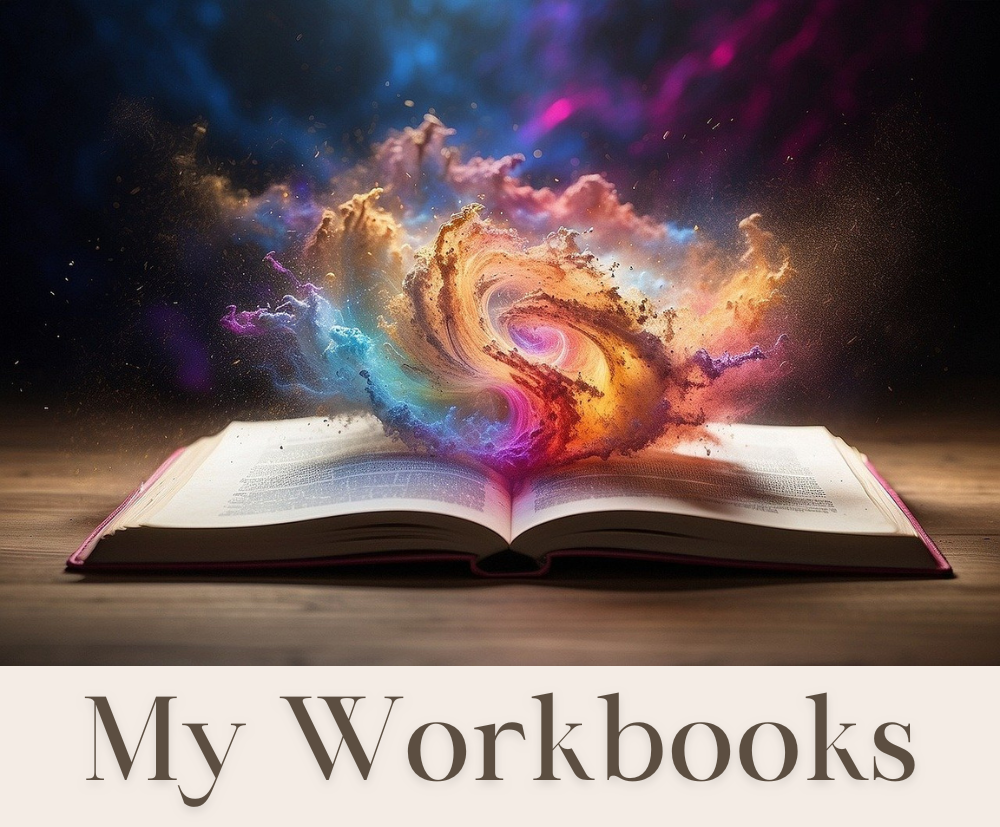How To Recharge When You’re Too Tired To Be Productive
Feeling guilty for getting nothing done? That’s ok. So many of us hit a wall of exhaustion and then beat ourselves up for it. You might be staring at your to-do list, feeling both too tired to tackle it and ashamed that you’re “wasting time.”
Take a deep breath – it’s okay to feel this way. Constant busyness can leave anyone worn out, and always running on empty isn’t healthy. Being perpetually exhausted makes you less productive and happy.
So if you’re feeling guilty about needing a break, remember that your mind and body are sending an important message: you need to recharge, not push harder.
Let’s acknowledge the truth: you’ve been trying your best, and right now you’re tapped out. Maybe work, studies, or life’s curveballs have burned through your energy.
You might even feel a twinge of guilt or anxiety when you try to rest – that nagging voice saying “you should be doing something.” But feeling burned out and brain-fried is not a personal failure.
It doesn’t mean you’re lazy or “not cut out” for the task at hand. It simply means you’ve been running on fumes and your tank is empty. Give yourself permission to pause. Feeling unproductive and exhausted isn’t a moral failing; it’s a sign that you’ve been human and you care (you wouldn’t feel guilty if you didn’t care!).
Most importantly, it’s a sign that it’s time to be kind to yourself and find a new approach.
Mindfulness and Intentional Rest: The Key to Clarity and Energy
When you’re bone-tired and foggy-headed, the instinct might be to panic and push yourself even harder – but that’s like revving a car with no gas. What if instead, you tried a different path: slowing down and refueling mindfully?
Mindfulness and intentional rest are about caring for yourself, not “fixing” yourself. Think of it this way: when you pause and meet your exhaustion with empathy, you’re not giving up – you’re building the foundation for a comeback.
By practicing mindfulness (staying present with your feelings) and self-compassion (treating yourself with kindness), you create the supportive space your body and mind need to heal. Rather than whipping yourself forward, you’re gently nudging yourself back to balance. This shift from self-criticism to self-care is powerful – it’s often exactly what frees up new energy and clarity.
Here’s an encouraging truth: Rest isn’t a one-size-fits-all thing. You might be sleeping enough yet still feel exhausted – sound familiar? It could be that you’re missing other types of rest your soul craves. There are many forms of rest – physical, mental, emotional, sensory, social, creative, spiritual – and most of us only get a couple of these, even though we need them all.
So if a full night’s sleep still doesn’t refresh you, it’s not because you’re hopeless; it might be because your mind needs quiet, or your senses need a break, or your heart needs expression.
Instead of seeing rest as “wasted time,” see it as the fuel that makes your productive times possible. When you permit yourself to recharge – whether through mindfulness, creative outlets, or plain old sleep – you’re investing in a calmer, brighter version of you.
The bottom line? You can regain your clarity and energy, but it won’t come from forcing productivity when you’re running on empty.
It will come from listening to what your exhaustion is telling you and responding with care. Your tiredness is a gentle alarm bell saying it’s time to rest, refocus, and reset.
6 Gentle Ways to Recharge When Productivity Feels Impossible
Try these short, nurturing practices to fill your cup when you can’t push any further. Each one is a simple way to honor your needs and slowly regain your energy.
Take a 5-Minute Breathing Break:
Whenever stress and fatigue weigh you down, stop and take a few deep, slow breaths. Find a quiet spot (even the bathroom stall or your parked car will do), close your eyes, and inhale deeply through your nose for a count of 4, then exhale for 6 or 8.
Deliberately slowing and deepening your breathing triggers your body’s relaxation response – it actually lowers stress hormones and calms your nervous system.
Notice how even a brief breathing break makes you feel a bit more grounded. This tiny habit gives your mind a chance to reset and sends a signal: it’s okay to relax.
Journal Out Your Feelings (No Filter):
Grab a notebook or open a blank doc and spill whatever’s on your mind. Don’t worry about being “productive” – just let the mental clutter out.
Writing down your worries and emotions is like releasing a valve; it clears some of that fog in your head. Journaling is a good way to reduce anxiety and stress, helping you organize your thoughts and gain perspective.
Try a gentle prompt: “How do I feel right now, and what do I need?” There’s no wrong answer. You might learn that underneath the guilt, you’re simply tired or overwhelmed – and that awareness is the first step to feeling better.
If a blank page feels daunting, you can use guided journals or prompts – (These Prompts) offer comforting questions to get you started. Even a few lines in your journal is progress.
Unplug from Screens (Digital Detox Lite):
When you’re wiped out, mindless scrolling or binge-watching can be so tempting. Unfortunately, too much screen time often leaves us feeling drained (ever noticed how a “rest break” on your phone sometimes leaves you even more tired?).
Constant notifications and social media overstimulate your brain and can quietly ramp up stress. Give your mind a true break by unplugging for a while. Even a short digital detox – say, an hour with your phone on airplane mode – can work wonders.
Try leaving your phone in another room while you draw, journal, or take a walk. Taking regular breaks from your technology can lower stress and improve your sleep and focus.
So log off the news, silence those pings, and maybe step outside or grab a book instead. The world will wait while you recharge. When you return, you’ll likely feel a little lighter and less fried.
Move Your Body Gently (Stretch or Stroll):
This one might surprise you – when you’re dead-tired, exercise is probably the last thing on your mind. But here’s the key: we’re not talking about an intense workout or anything that feels like “work.”
Think gentle movement to get your blood flowing, which can increase your energy more than plopping on the couch. If you’ve been hunched over a desk or couch all day, stand up and do some easy shoulder rolls, neck stretches, or take a slow walk around the block, focusing on the sensation of your feet on the ground.
Physical fatigue often pairs with stagnation; a bit of movement reminds your body it’s alive. Experts note that while sitting around can make you feel more sluggish, a short bout of light activity can wake you up.
Even a 20-minute walk or bike ride can leave you feeling energized for hours. So if you’re comfortable doing so, get moving in a way that feels nourishing, not draining – maybe some yoga stretches on the floor or dancing to one favorite song.
This isn’t about burning calories or achieving anything; it’s about shaking off that stale, tired feeling and refreshing your body and mind.
Create a Soothing Rest Ritual:
Sometimes, the best thing you can do for your productivity is to stop trying to be productive and embrace rest itself as a ritual. Think of this as crafting your own personal “recharge routine.”
It could be a bedtime wind-down habit – like every night at 9 pm, you make a cup of chamomile tea, put on comfy pajamas, and read a relaxing book (devices off, please!) until your eyes get heavy.
Or it might be a midday relaxation ritual – perhaps after lunch, you play calming music and lie down for 15 minutes with your eyes closed (no guilt allowed, you’re doing important recovery work!).
Consistency is what makes it a ritual: over time, these cues train your brain and body to shift into relaxation mode more easily. Prioritizing quality sleep is huge here.
Adults generally need about 7–9 hours of sleep for optimal function, and regularly getting less than 6 hours a night is a major risk factor for burnout. So if you’ve been skimping on sleep, consider making your evenings more of a priority.
Dim the lights, calm your environment, and allow yourself to unwind fully. You can even turn this into a self-care treat: think bubble bath, gentle stretching, writing tomorrow’s to-dos on paper so you can let them go from your mind tonight.
By developing a soothing ritual around rest, you remind yourself that recharging isn’t a luxury – it’s essential. Over time, these rest habits will refill your energy reserves so you can show up to your day with a clearer head.
Each of these strategies is beginner-friendly and highly forgiving. There’s no perfect way to do them – no strict rules or timelines. The goal is simply to meet yourself where you are (tired, frustrated, and all) and offer a bit of comfort and care. Even if you try just one of these tips, you’re taking a step toward healing your burnout.
Final Thoughts
Recovering your energy when you’re exhausted isn’t about finding one magic trick – it’s about embracing a gentler lifestyle shift, one small step at a time. The key takeaway is that productivity will return naturally when you are well-rested and emotionally balanced – not the other way around.
So give yourself permission to prioritize rest without guilt. Slowly but surely, these little mindful habits (a few minutes of breathing here, a short journal entry there, an early bedtime) start to add up. You’ll begin to notice that mental fog clearing and your motivation trickling back. It’s the small, consistent acts of self-care that rekindle your spark.
Most of all, be patient and kind to yourself. You’re not “behind” – you’re exactly where you need to be, learning how to take care of your needs. Feeling too tired to be productive today doesn’t mean it will be that way forever.
As you practice resting and grounding yourself, you’re rebuilding your energy reserves and teaching yourself that it’s okay to slow down. In a week or two, you might look back and realize you feel a bit more clear-headed or a bit more like yourself again. That’s the power of intentional rest.
Take care,
-Emilia ♡
Now, I invite you to take one gentle action forward. Grab our free Self-Care Blueprint Worksheet – it’s a simple guide to help you assess where you’re running on empty and create a personalized plan to restore your well-being.











Start your year with ease, not overwhelm. These positive statements encourage slow living, self-kindness, and letting go of pressure, because you don’t need to hustle to feel whole.